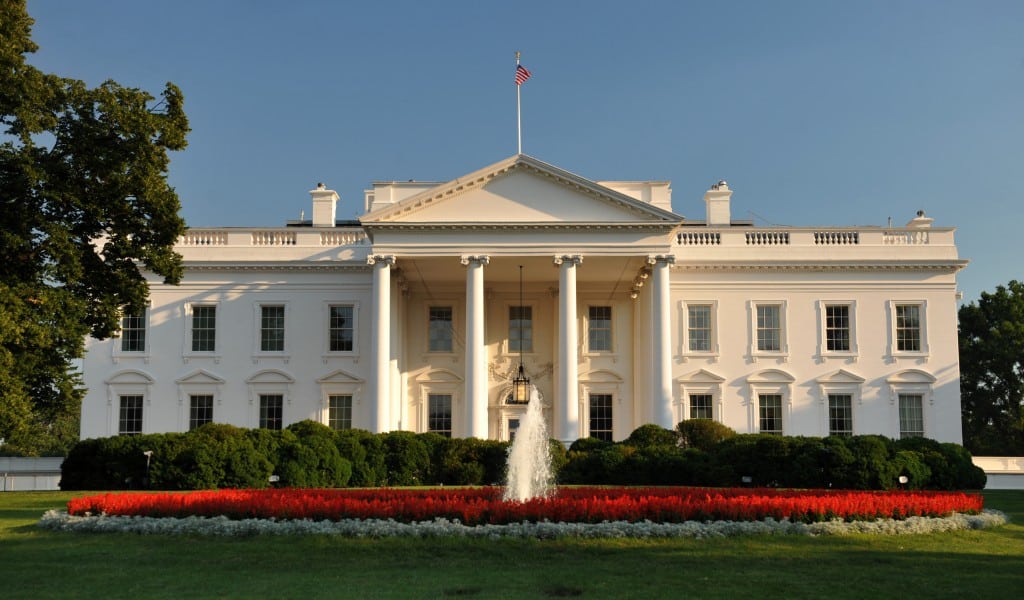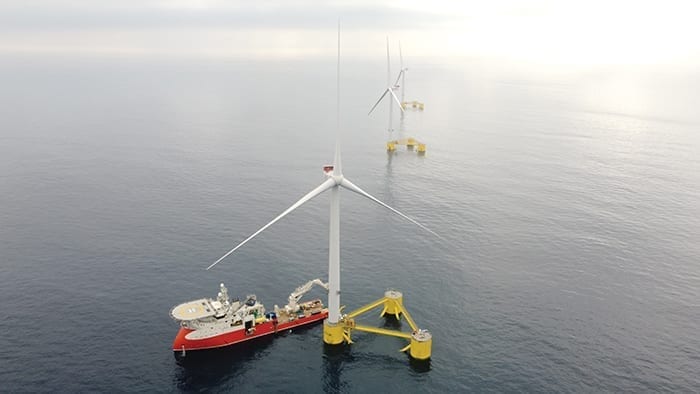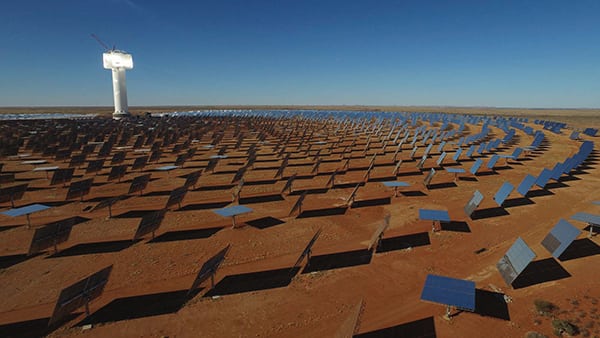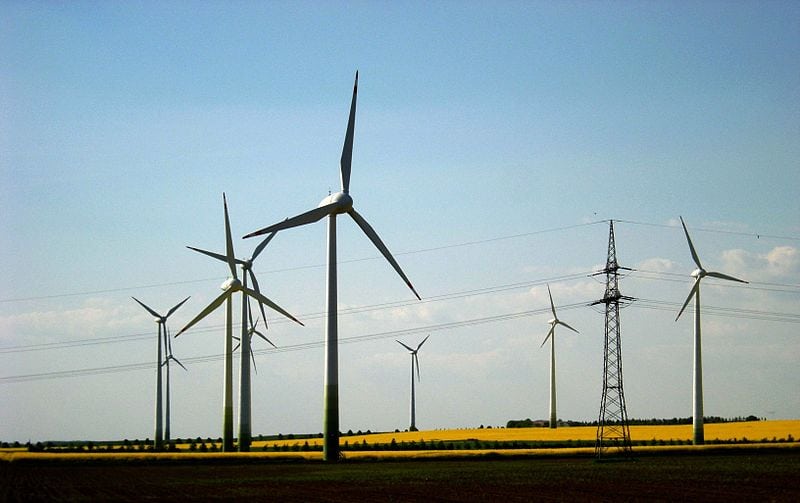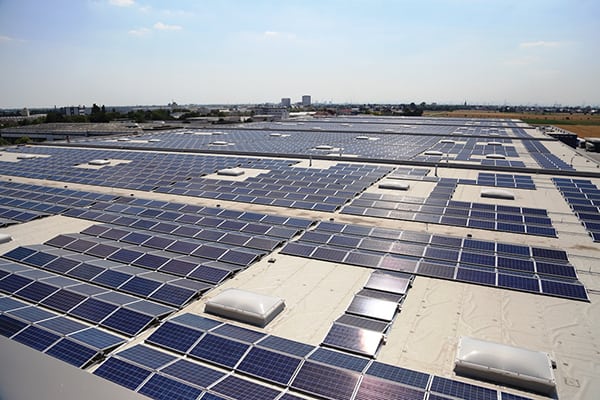Stricken by the economic crisis and forced to implement austerity measures, several countries around the world have been forced to abandon or slash subsidies for renewable power producers.
UK. In March, the United Kingdom’s energy and climate change secretary, Chris Huhne, said his country may cut subsidies for large and midsize solar projects by as much as 72%. He had announced a comprehensive review of feed-in tariffs in February. The Department of Energy and Climate Change said the cuts slated to take place in 2012 would ensure that subsidies were available for smaller installations—like rooftop solar—which feed-in tariffs were originally designed for. In a statement, the UK Renewable Energy Association said the tariff cut would be an “absolute disaster,” claiming no new projects would start if the proposal became law. “This industry has been strangled at birth,” it added. Several companies have asked a UK court to review Huhne’s decision.
The Netherlands. Holland’s new right-wing government in February announced plans to drastically reduce solar and wind subsidies from €4 billion annually to €1.5 billion because they are unaffordable. The country, a major proponent of renewable energy development, has also become Europe’s first country to ditch the European Union target to procure 20% of its domestic power from renewable sources by 2020.
Czech Republic. Cuts to a feed-in tariff program that reportedly spurred the increase of solar energy plants in the Czech Republic from nine in 2005 to 2,230 by 2010 were approved by the government last year. The cuts target solar plants that provide a return on investment in less than 11 years and that will be built after January 2011. The government has said it supports the move because it would increase grid stability and level electricity prices.
Slovakia. Slovakia, following the Czech Republic’s lead, had also considered subsidy cuts, but this January, the Ministry of Economy decided that it would retain price incentives for solar and biomass. The ministry earmarked €18 million until the end of 2013 for subsidies, and it will this May try to get parliament’s approval for its decision.
Italy. Italy’s government will cut generous support for renewables to ease the burden on consumers, who pay for renewable incentives in power bills. It will cap subsidies for solar developers at €6 billion to €7 billion per year by the end of 2016. The government plans to slightly cut incentives until the end of a transition period ending in 2012. Current incentives were due to expire in June, but in April, the country approved a three-month extension (until Aug. 31) to allow some investors to complete their projects.
France. France in December suspended the registration of solar power projects of more than 3 kW for feed-in tariffs to study how cuts in the program would limit growth in the industry. In February, the country’s Environment Ministry announced that solar capacity in the country would be much higher than the 5,400 MW target for 2020, even though subsidies would be cut. The country has since slashed solar subsidies by 24%, from €0.55 to €0.42/kWh and is instead focusing on increasing wind power capacity.
Australia. In March, Australia’s states called on Prime Minister Julia Gillard to roll back generous subsidies for rooftop solar plants after forecasts suggested that costs would add as much as A$90 per year to household power bills. Last October, New South Wales slashed by two-thirds the revenue that homeowners who had installed solar panels would receive.
Spain. In Spain, where the government has made the controversial decision to slash subsidies by up to €3 billion over the next three years—and possibly retroactively, on plants built before 2008—regulators are also suspending subsidy payments to power producers who do not meet regulatory requirements. The country recently suspended payments to 304 solar power installations after requesting proof from more than 9,000 rooftop and plant operators that they qualify to receive incentives. Spanish news reports have suggested that hundreds of subsidy recipients were illegally collecting the extra payments. (For more on Spain’s situation see “Spain: A Renewable Kingdom” in this issue.)
China. As of April, almost all the 10 billion yuan ($1.54 billion) of China’s Golden Sun solar subsidy program to support solar photovoltaic businesses has been allocated, but an investigation has shown that a relatively high percentage of recipients may have declared material costs to be higher than they were, fraud that increased the cost of the whole system, reported China Dialogue.
—Sonal Patel is POWER’s senior writer.





